MG Hector Review: First Drive
Morris Garages, or MG is all set to enter the Indian market with the tech-laden Hector. After hearing a lot of scuttlebutt, we finally had a chance to get behind the wheel of the Internet-enabled car, and here's our full review.

MG Motor India is set to enter the Indian market with the all-new Hector. This SUV is tech-laden and looks quite impressive, but can it truly disrupt an already over-crowded segment? Let’s find out.
Having an illustrious past can sometimes become a burden. After all, when you have a rich heritage it can be difficult to start with a clean slate. The key for Morris Garages, then, is to walk the fine line between taking pride in their history while, at the same time, keeping their feet firmly grounded in the present. Now, I don’t want to sound political, but the following quote is quite apt for MG as they gear up for their Indian debut with the Hector. ‘I don't carry the burden of the past or the madness of the future. I live in the present,’ by Narendra Modi, Prime Minister of India.
Now, coming back to MG’s debut – after creating a lot of buzz and with numerous spy photos flooding the internet, we finally got our hands on the Hector. MG is under no illusions that it’ll be a cakewalk for the Hector as it takes on the likes of the Tata Harrier, the Jeep Compass, the 7-seater Mahindra XUV500, and even the Hyundai Creta. Owned by Shanghai-based SAIC Motor Corporation, one of the biggest Chinese automobile manufacturers, it has plans to take this challenge head-on as they believe that their new vehicle is a smart SUV that offers premium looks, comfort, and, of course, unique segment-first features. Oh, and yes MG is a British brand historically. But, yes, it is currently Chinese-owned.
Now let’s take a closer look at the Hector and find out if it can blow away the competition.
Bold design to bowl you over
Audacious and aggressive is what defines Hector’s design in a nutshell. And, in all honesty, this is what SUV buyers want. So, in terms of design, MG gets full marks. The huge imposing front grille, with its chrome finish, and a massive MG insignia in the centre gives this SUV a butch stance. Again, MG has got it spot on – because, as we all know, people love bling.
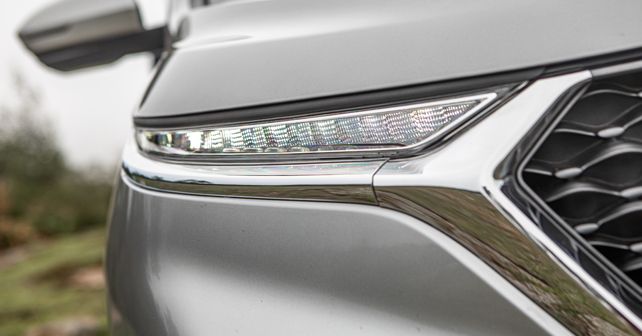
Like many of its contemporary rivals, the Hector has a split headlight design, with the daytime running lights (DRLs) positioned in line with the top of the grille, with the headlamps below and the foglamps below them. What’s impressive is that all the lights in the top two variants of the Hector, including the rear lights, are LEDs – a first in this segment. Now many may say that MG has nicked the dynamic indicators from Audi, but, in all fairness, this only adds to the air of premiumness and doesn’t look over-the-top or garish at all.
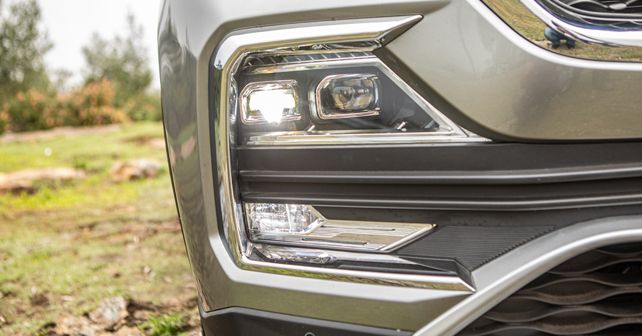
Now, when you come to the body in profile, thankfully, the Hector doesn’t get overly flared wheel arches. But, because of its colossal size, the 17-inch alloy wheels look puny, to say the least. Apart from the top-of-the-line XUV500 that offers an 18-inch set of wheels, the rest of the competition all get 17-inches. Also, just below the A-pillar, there’s a humongous badge that reads ‘Internet Inside,’ which is less than subtle, to say the least. So, why is it there? Well, we’ll get to that later. MG has left no stone unturned when it comes to branding, as there’s even a chrome strip that reads Morris Garages at the bottom of the rear doors.
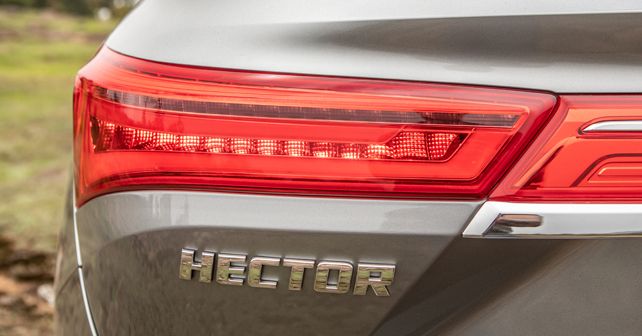
In my opinion, the rear looks stunning, as it has a wraparound LED tail lights that run across the boot. There are some hints of Audi design even in the tailgate design if you look closely.
The SUV is solidly built, and the heavy doors confirm this. What we didn’t like though, and that reminded us of old Tata vehicles, were the massive shut lines across the Hector. The plus point here is that at least they’re all uniform.
One of a kind on the inside
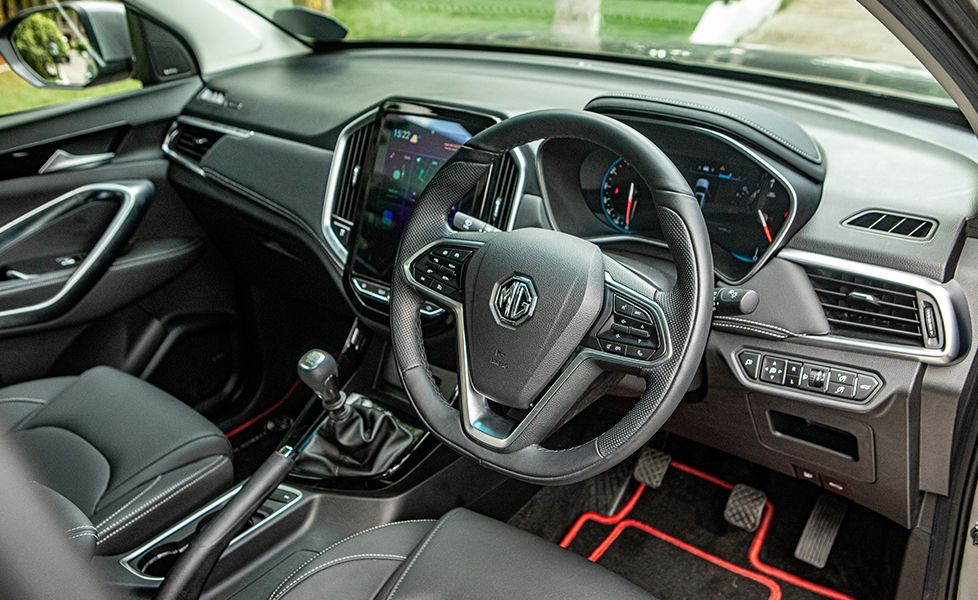
MG wanted to make Hector’s cabin so special that once you step inside, you simply wouldn’t look elsewhere – and, what do you know, they appear to have done exactly that. The first thing that catches your fancy is the 10.4-inch vertical infotainment screen right on the middle of the dashboard. No doubt it looks something from a Volvo, but it looks absolutely smashing. And there are no prizes for guessing that it has the largest display in its class. The feedback of the touchscreen could have been better though, as there is a slight lag in response.
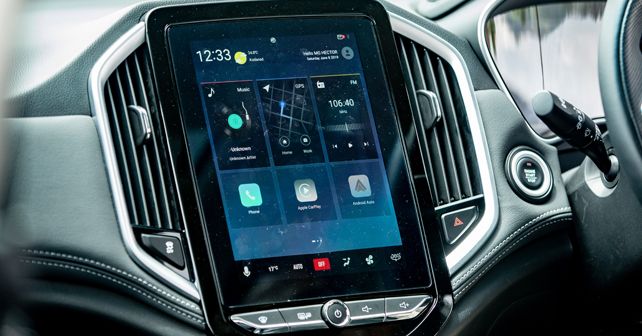
The infotainment system gets an in-built navigation system by TomTom with live traffic updates. It’s preloaded with apps like Gaana and AccuWeather, apart from the usual suspects like the Apple CarPlay and Android Auto. It also transforms the system into your personal home theatre system, as you can watch pre-loaded videos on the massive screen. This top-of-the-line variant also gets an 8-speaker Infinity sound system that comes with an amplifier and a sub-woofer for good measure.
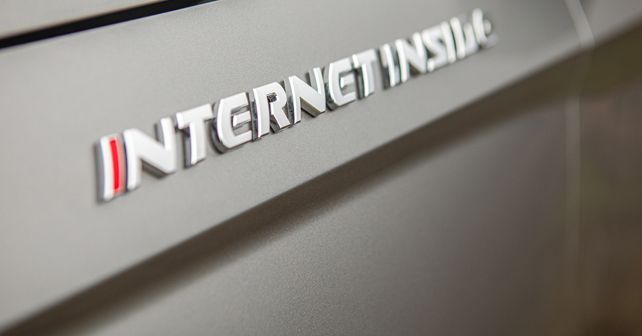
Time to finally decode the ‘Internet Inside’ badge that we mentioned earlier. The Hector offers connectivity features that are not only a first in this segment but also a first in the industry (well, barring the recently launched Hyundai Venue compact SUV that is). Like your smartphone, this SUV comes with an embedded eSIM from Airtel, which ensures that there’s always Internet connectivity. The SIM is also 5G-ready and provides over-the-air (OTA) or wireless software updates for the Hector.
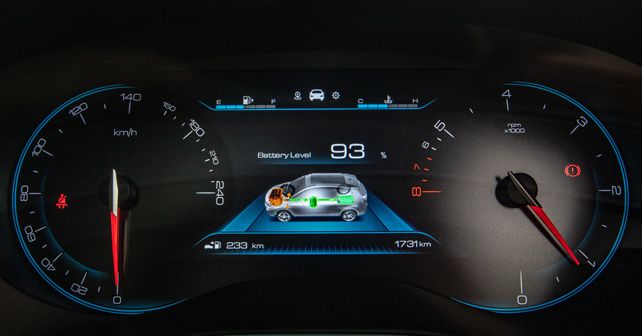
The Hector is laden with numerous other features too, like the digital instrument cluster which gets analogue needles that are neatly integrated within the 7-inch TFT screen. The display provides vital information, like how the smart hybrid system works, tyre pressure information, fuel economy, and much more.

The tech wizardry doesn’t stop there. When it comes to convenience, the Hector gets an i-Smart Technology app, which, at a swipe of your phone touchscreen, gives you information like how much range the SUV has and the exact location of the vehicle. It even allows you to switch on-and-off the air conditioner without you being anywhere near the car (provided, of course, that you’ve got an automatic gearbox in your Hector).
The Hector is like Alibaba’s cave, all you need know is the magic phrase – which, in this case, is ‘Hello MG,’ and you can activate more than 100 voice commands. This hands-free control was spot on, as it understood our Indian accents clearly. What makes it even more practical and impressive is that you can do all this from the rear seat as well.
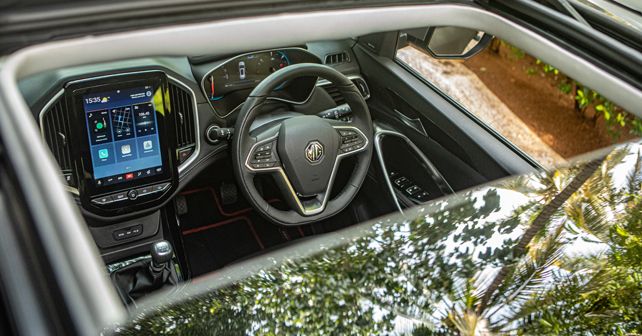
Now, with a length of 4,655mm, the Hector is the longest SUV in its segment – and this translates into acres of space inside the cabin. It’s quite mindboggling, as you can cross your feet, sit back and lounge in the rear. The Hector also gets reclining rear seats. The seats themselves are fairly wide, and the front seats are comfortable – even on long drives. The rear bench offers decent support, but the seat squab in the back lacks some much-needed under-thigh support.
The Hector comes with a powered tailgate, another first for this segment, which can be opened from the driver’s seat (or with the key fob) at the press of a button.
Gentleman, or a brawler
The Hector is available with two engine options – a 141bhp 1.5-litre turbocharged petrol motor with 250Nm of torque, which comes both in standard trim and as mild-hybrid trim. There’s also the more powerful 168bhp 2-litre diesel heart, with 350Nm of torque, which is sourced from FCA India. This is the same motor that also powers both the Jeep Compass and the Tata Harrier. We drove only the mild-hybrid petrol, which only comes with a 6-speed manual transmission. The standard (non-mild-hybrid) petrol variant is also available with a dual clutch automatic transmission.
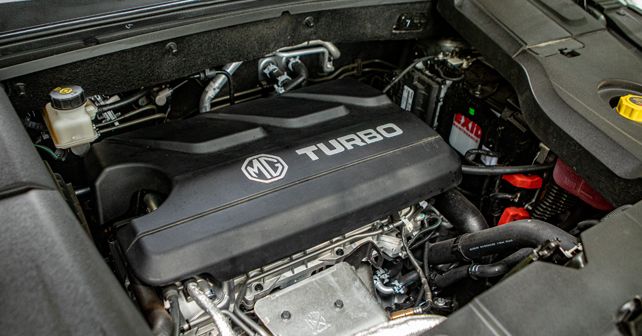
Coming to the 1.5-litre mild-hybrid, the engine is fairly quiet – but there is a slightly annoying whine that’s in the background all the time. The culprit could be the mild-hybrid system. This 48V system is powered by a lithium-ion battery, which is placed underneath the front passenger’s seat. It’s connected by a belt to an integrated starter generator, which runs the start-stop system and also provides up to 20Nm of additional torque to aid acceleration and improve efficiency. That being said, while driving from Coimbatore to the hills of Ooty, from the driver’s seat it was impossible to feel the additional torque provided by the system.
Like the Maruti Suzuki mild-hybrid system, this too regenerates itself when you decelerate. According to MG Motor India, this system increases the fuel economy by 12%, but, during this drive, we couldn’t test the real-world efficiency. So, more on that when we do a thorough road test.
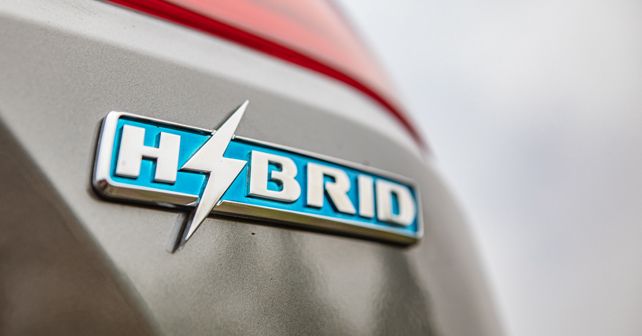
On paper, 141bhp does appear to be a little conservative for such a big SUV. Don’t get me wrong, when we drove it in the city, the power delivery was sufficient, but, once we got to the hills, we did feel the need for more ponies. On inclines, the Hector struggled to build momentum – even in first gear. And while taking corners, we had to ensure that the rpm needle didn’t slip below the 2,000rpm mark, because otherwise, the engine would be completely out of the power band. Also, once past 2,000rpm, the engine doesn’t exactly take off – rather it provides sporadic bursts of power that are a little disconcerting.
If I’m being honest, most SUVs aren’t exactly renowned for their handling – and the Hector is no exception. The body roll is quite evident, the steering wheel is a bit vague, and the gear lever feels spongy. Sure, the controls are all very light, but it isn’t as engaging as we would have liked. Comfort is the key when it comes to the Hector. At low speeds, the suspension carpets anything you throw at it. As a result, the rear passengers don’t get that jarring feeling when and if you drive over some broken roads. We even did some mild off-roading and found that the ground clearance of around 200mm to be more than sufficient for our conditions.

To be to not be?
Well, let’s first get the mild criticism out of the way. The petrol variant of the Hector certainly isn’t a driver’s car – but that’s not necessarily a deal-breaker since that’s not really a top priority for most SUV buyers. That being said, the 1.5-litre mild-hybrid petrol motor could have offered some additional grunt – especially at low revs. We felt this on the highway while overtaking, and more so in the hills. Having said that, MG scores plenty of points in regards to comfort, ride quality, its cabin, the imposing road presence, the unending list of features and technology, the massive panoramic sunroof, and, yes, that 10.4-inch infotainment system. It’s an effortless vehicle to drive, and if MG can keep the pricing of the top-end variant within, or maybe even shade over, ₹20 lakh, then I think it’ll sell like hotcakes and disrupt the segment completely.
Read More:-
Engine: 1,451cc / Turbocharged / Belt-Driven Integrated Starter Generator
Fuel: Petrol
Transmission: 6-Speed Manual / Front-Wheel Drive
Power: 141bhp @ 5,000rpm
Torque: 250Nm @ 1,600-3,000rpm
Price: Rs. 15.88 lakh (ex-showroom)
X-Factor: Sets a new benchmark in terms of in-cabin tech, design and comfort.
|
Pros |
Cons |
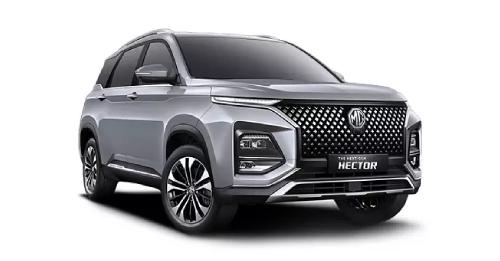
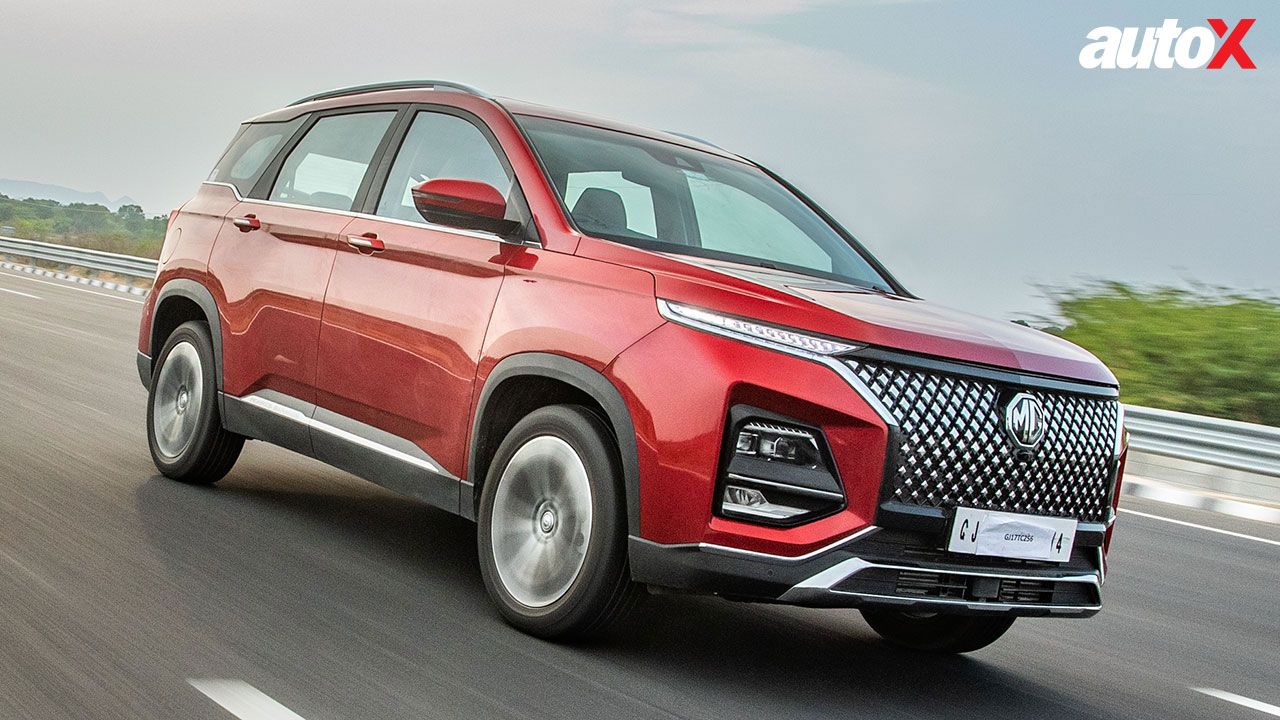

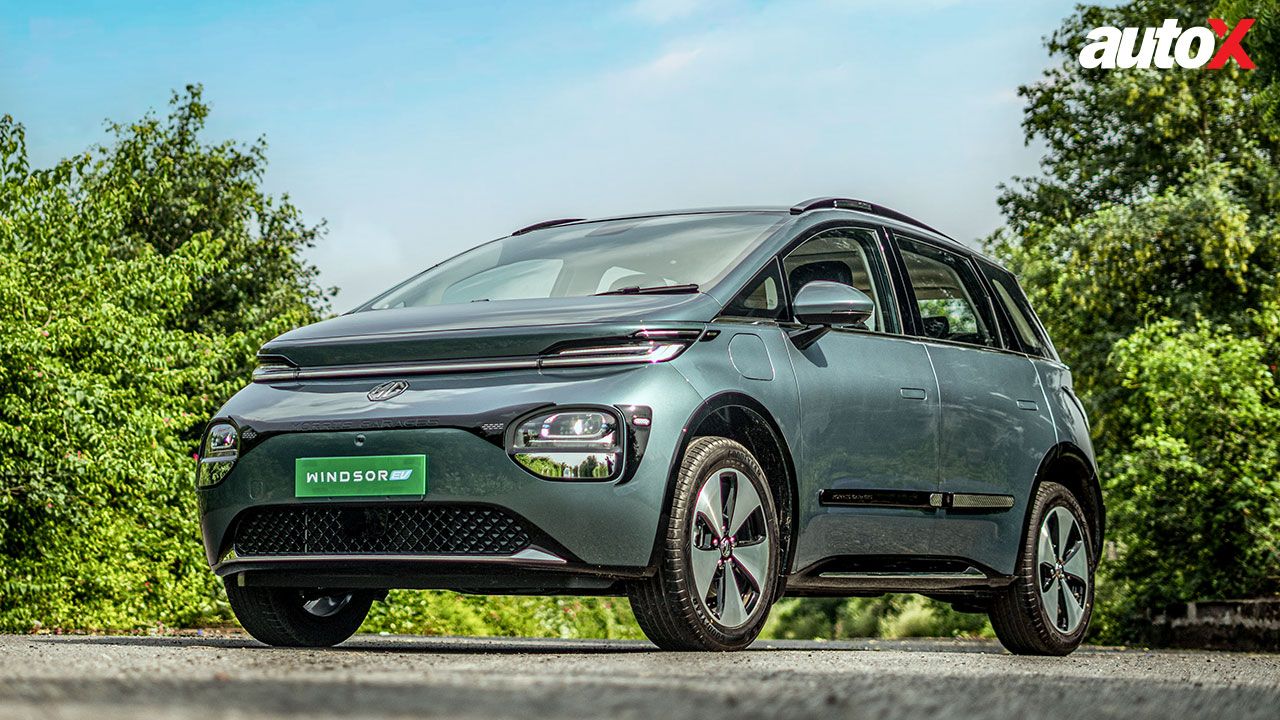
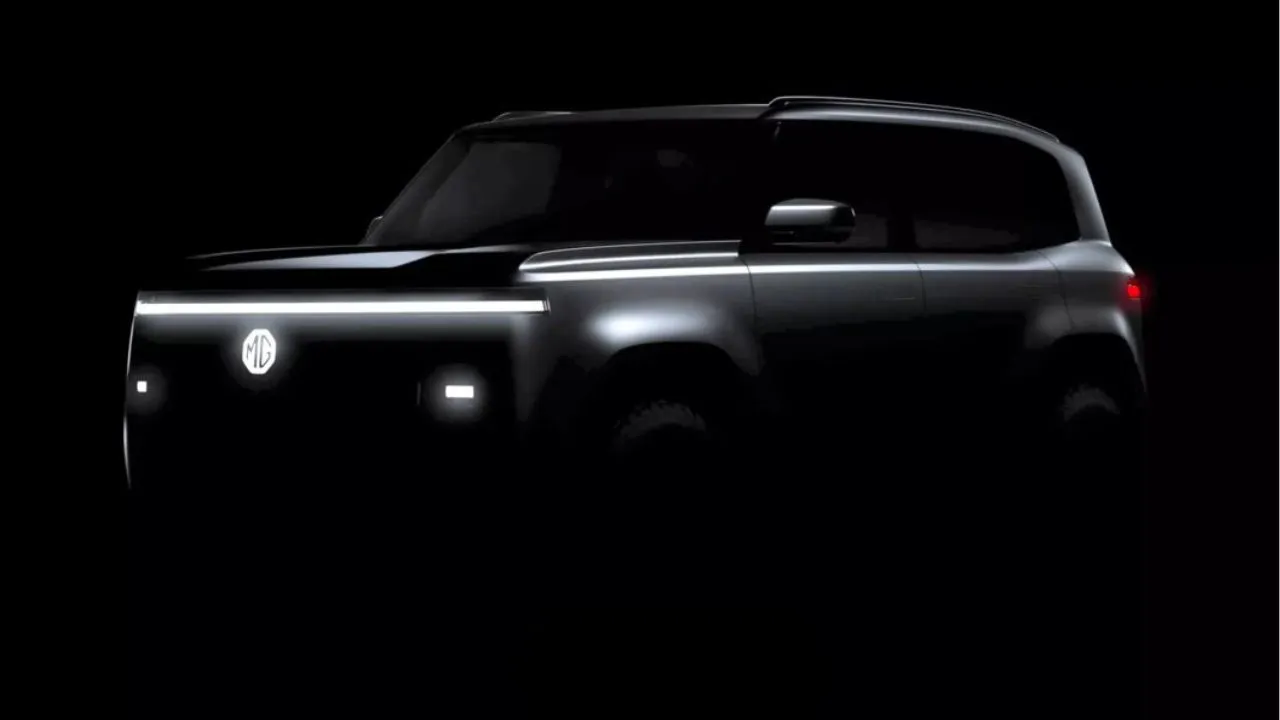
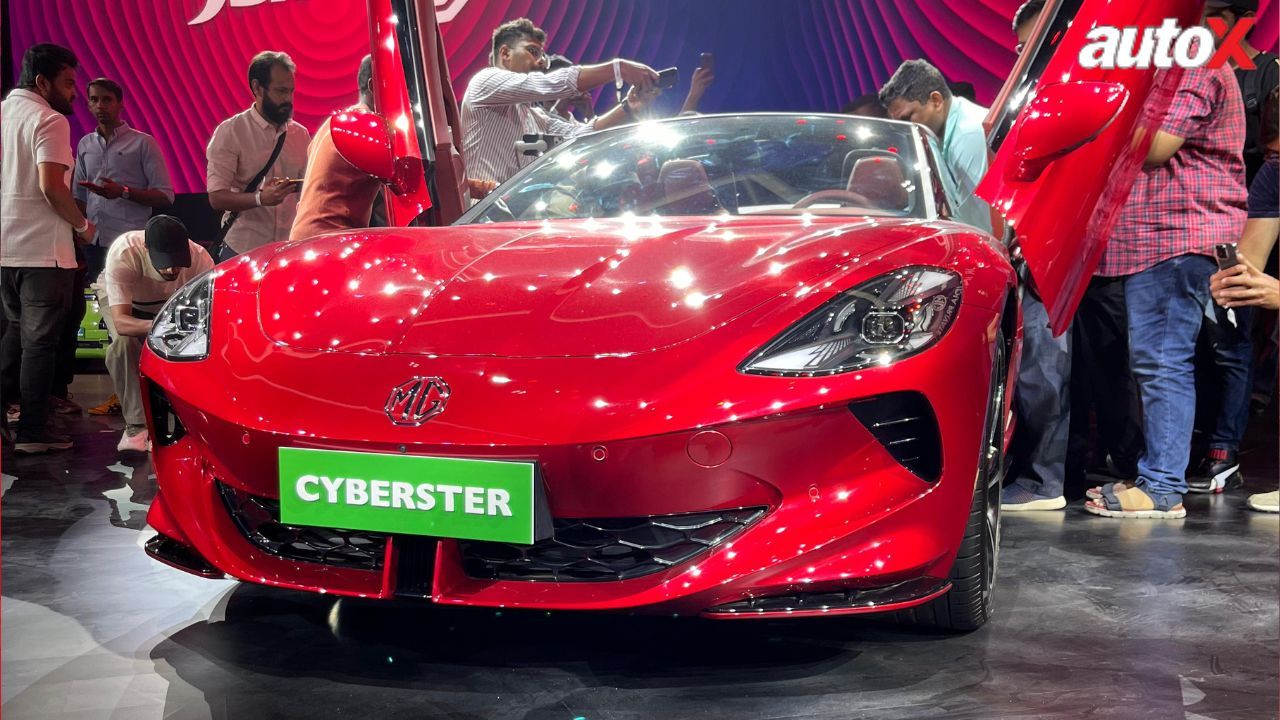
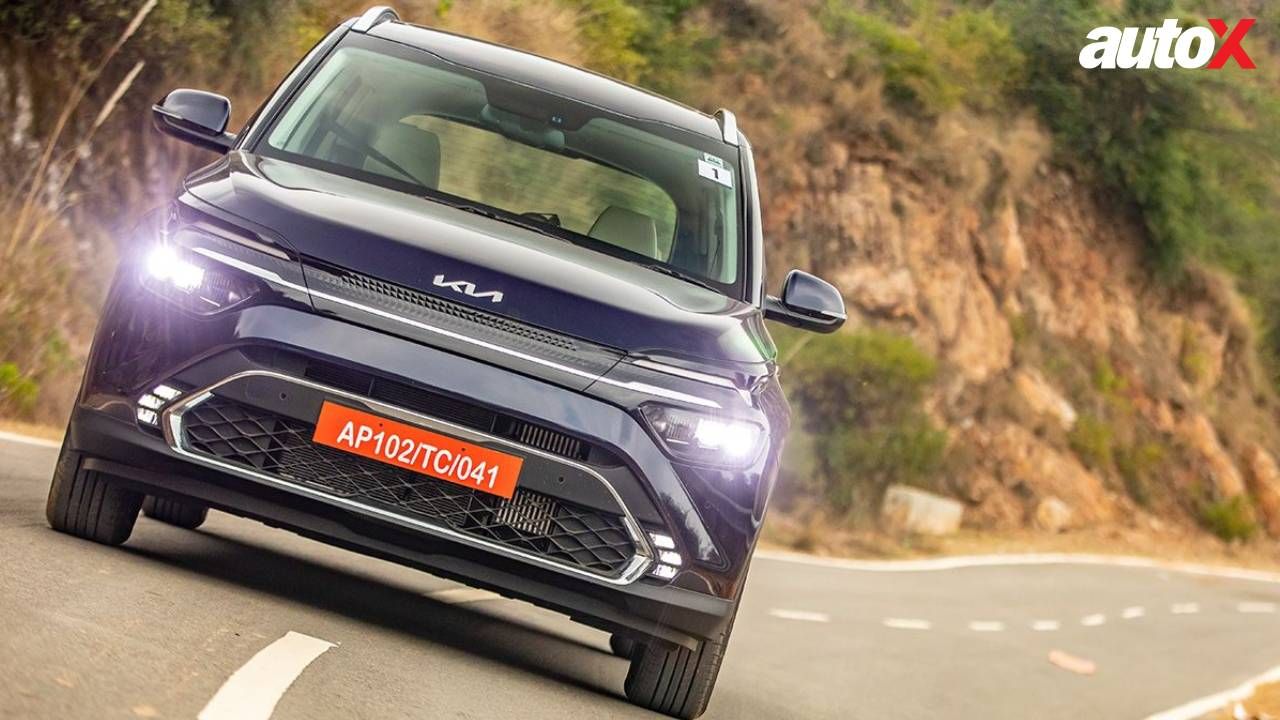
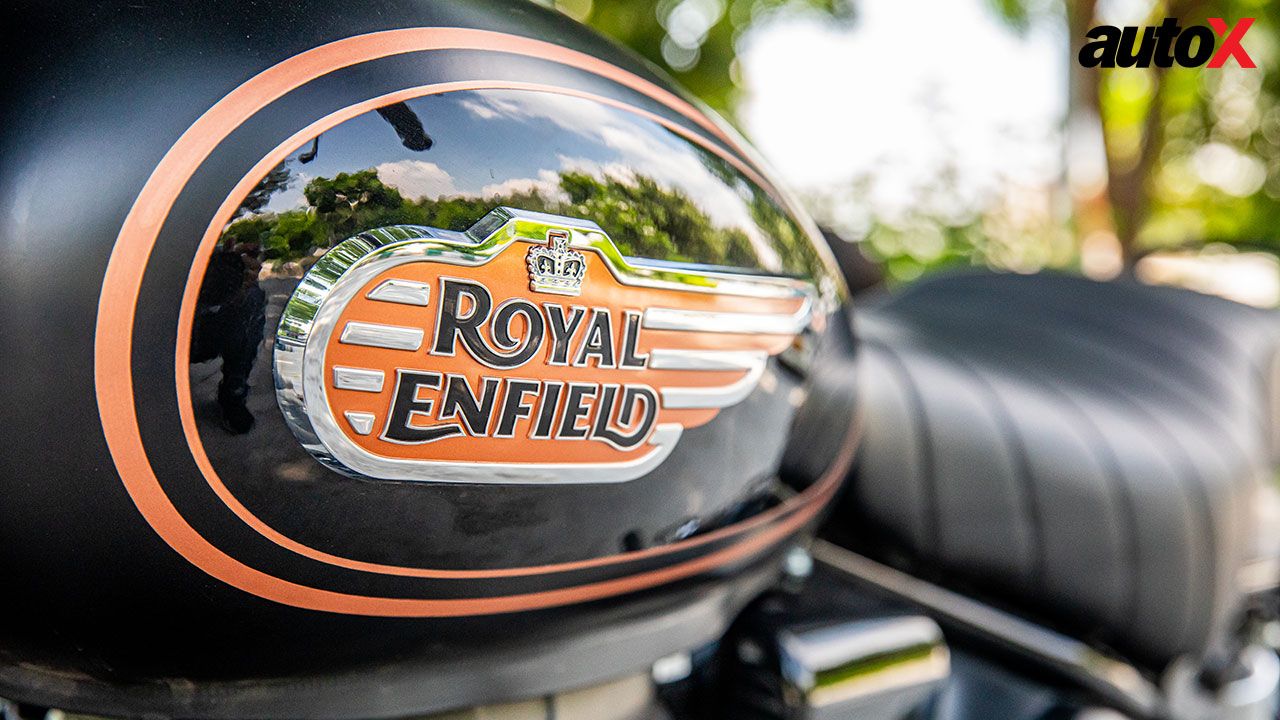
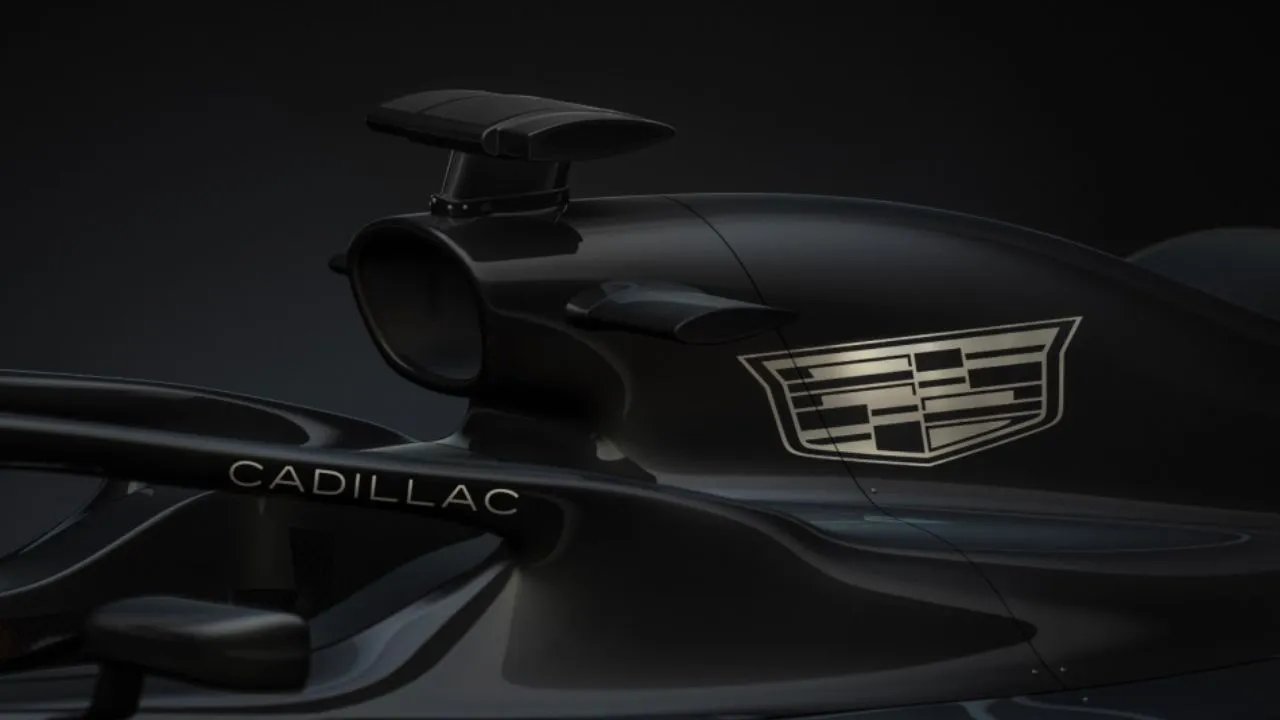
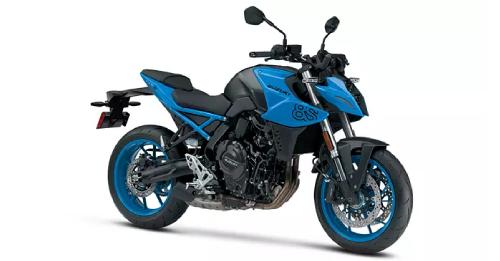
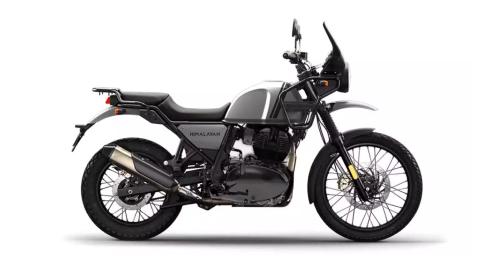
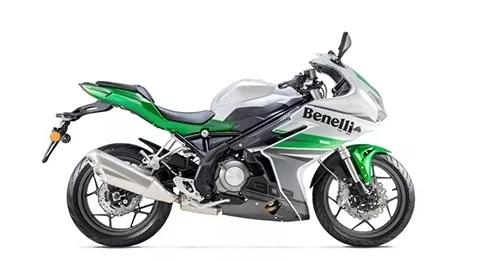
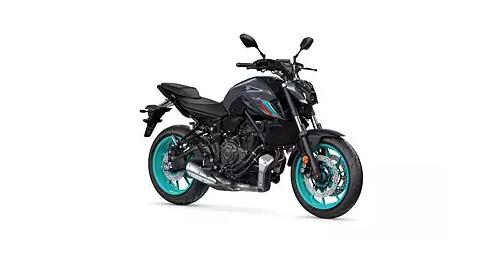
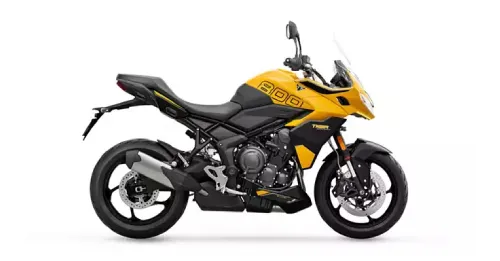









Write your Comment on